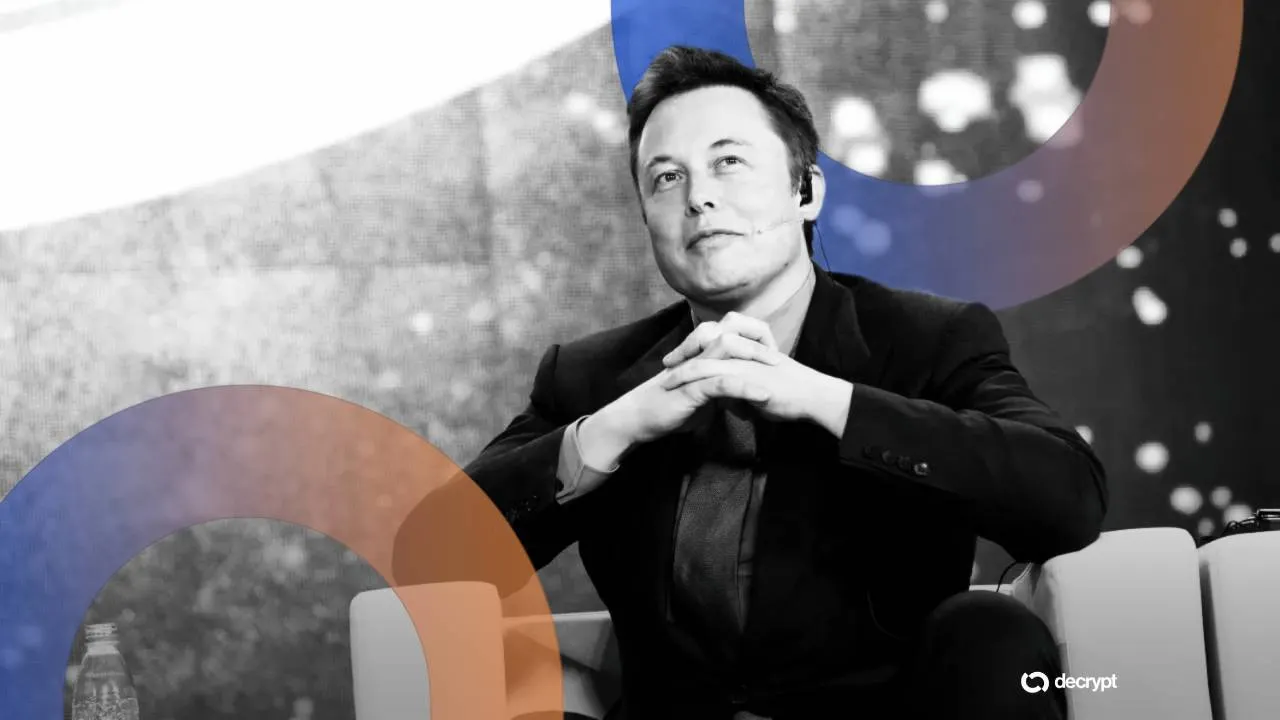Elon Musk's xAI Sues OpenAI Again, This Time Over Alleged Trade Secret Theft

News Summary
Elon Musk's AI company xAI has filed a federal lawsuit accusing rival OpenAI of orchestrating a "coordinated, unfair, and unlawful campaign" to steal proprietary technology by inducing former employees to misappropriate company secrets. The lawsuit alleges OpenAI "by hook or by crook" obtained xAI's entire source code, training methods, and data center deployment strategies. xAI claims OpenAI recruiter Tifa Chen targeted multiple xAI employees with multi-million dollar offers. These engineers then allegedly stole source code and uploaded it to personal devices within hours of their communications. One early engineer, Xuechen Li, is accused of uploading the entire xAI source code base to a personal cloud account in July 2025, later admitting to the misappropriation in a "handwritten confession." Another engineer, Jimmy Fraiture, allegedly transferred confidential source code via AirDrop multiple times after signing with OpenAI, stealing the majority of code he oversaw and experimental folders. A senior finance executive who left for OpenAI is also accused of refusing to sign confidentiality documents, despite having called xAI's data center operations its "secret sauce." xAI is seeking damages, restitution, and injunctions to force OpenAI to purge and destroy models built with xAI material.
Background
Elon Musk was a co-founder of OpenAI in 2015, alongside Sam Altman, Greg Brockman, and others. However, he stepped down from the board in 2018, citing conflicts of interest with his company Tesla and its self-driving car initiatives. Since his departure, Musk has adopted an increasingly combative stance against OpenAI, culminating in multiple lawsuits. Just last month, his companies filed an antitrust suit against Apple and OpenAI, alleging their exclusive iPhone integration creates unfair market dominance. This trade secret lawsuit marks the latest escalation in Musk's ongoing legal battles with OpenAI, highlighting the intensifying competition and intellectual property challenges within the AI sector.
In-Depth AI Insights
What are the deeper strategic implications of this escalating legal battle between Musk's xAI and OpenAI for the AI industry's competitive landscape and talent retention? - This lawsuit underscores the extreme criticality of talent and intellectual property in the AI sector, and companies' willingness to pursue legal action to protect their "secret sauce." It may lead to more stringent enforcement of NDAs and non-compete clauses by AI firms during hiring and employee departures. - The case's outcome will set significant precedents for how AI companies define and protect their core technologies—such as data center operational strategies, training methodologies, and source code—especially within a rapidly evolving and talent-dependent industry. - The allegations of multi-million dollar poaching offers and subsequent theft reflect the fierce war for top AI talent, as well as the legal and ethical risks that can emerge at the blurry edges of technological innovation. How might this lawsuit, focusing on trade secret theft via employee poaching, influence future M&A and talent acquisition strategies in the rapidly consolidating AI sector? - Future M&A deals in the AI space may face heightened due diligence, particularly concerning IP and employee confidentiality compliance, to mitigate potential legal liabilities. - Companies engaging in large-scale team lift-outs will likely become more cautious, potentially increasing the depth of background checks on new hires and demanding clearer IP non-infringement declarations. This could elevate the cost and complexity of talent acquisition. - With increased legal risks, some companies might pivot towards internal talent development or public market hiring rather than directly poaching core teams from competitors, thereby reducing exposure to trade secret disputes. Beyond monetary damages, what could be the broader regulatory or judicial precedents set by this case regarding the definition and protection of "secret sauce" in high-tech industries? - The court's ruling will help clarify the specific definition and protectable scope of "trade secrets" in a highly specialized and rapidly advancing field like AI. The definition of abstract concepts like GPU racking, vendor contracts, pricing curves, and orchestration playbooks will be crucial. - This case could prompt greater regulatory scrutiny of talent recruitment practices within the AI industry, particularly when allegations involve potential coordinated theft. If OpenAI's recruiters are found to have acted as agents with the company's knowledge, it will impose greater responsibility on corporate recruiting activities. - The verdict may influence the legal framework for future AI model development, specifically regarding whether models trained with stolen materials must be destroyed or if significant restitution is required. This could drive the adoption of "clean room" development practices to prove independent creation.